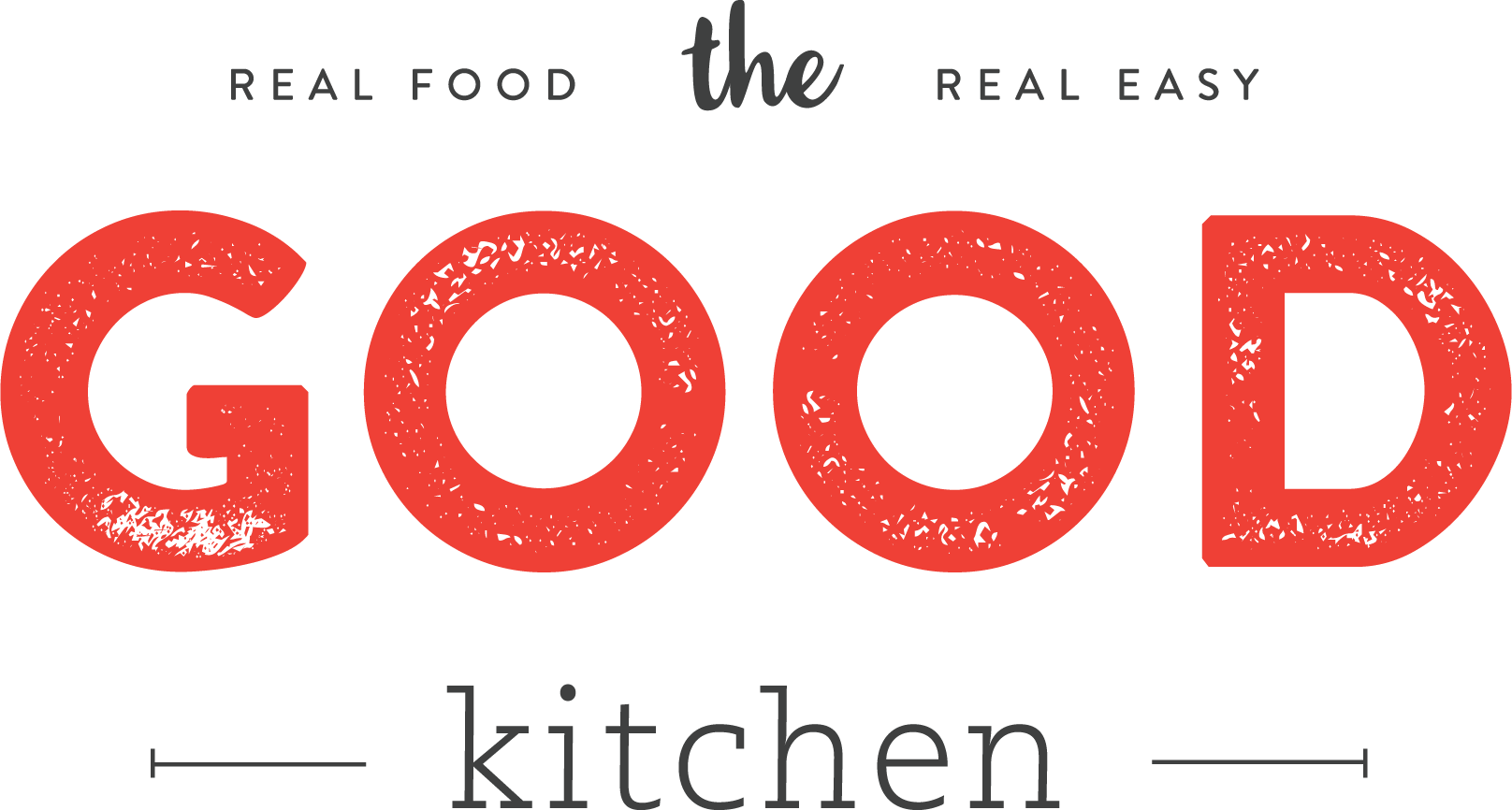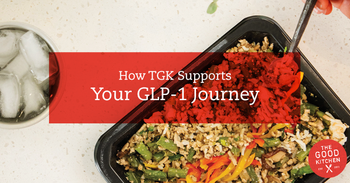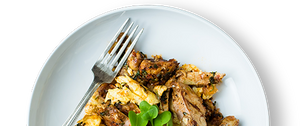Intermittent Fasting
Frustrated by extra pounds, I went looking for reasons and solutions.
Lately, I’ve found myself quite a bit frustrated with the few extra pounds that seemed to have taken up residence on my mid-section. Not frustrated because they were there, per se, but frustrated because for the life of me, I couldn’t figure out how they got there. As a competitive CrossFitter and trainer, I maintain a good workout/rest schedule and I follow a strict paleo diet. Could it be that when I turned 30 my metabolism just broke?
I decided to keep a food journal for a couple of days just to see what was up. What I found was that while what I was eating was ok, when I was eating was way out of whack. Because my husband maintains a relatively late work schedule, we typically wouldn’t eat dinner until about 8:30/9pm. Then, hungry or not, I would turn around at 6am and shove food down my throat before heading out to work or train. [So between my early breakfast, late dinner and regular eating throughout the day I was pretty much eating during all of my waking hours. Yikes.
Once I had identified the problem, I did a good bit of research and stumbled upon Intermittent Fasting as a possible solution. Those who practice Intermittent Fasting (IF) pattern their eating around set fasting periods and eating periods. The great thing about the practice is that there are many ways to incorporate Intermittent Fasting into your routine - it just takes a bit of trial and error to find which IF method works best for each individual. The most commonly practiced forms of fasting are the 24-hour fast and the daily fast.
The 24-hour fast is much like it sounds – 24 hours sans food. With this method individuals eat their last meal at 6pm on one day and then wait until 6pm the following day to eat again, which still allows for some nourishment each day. This practice can be done once a week or a couple of times a month, depending on the individual.
The Daily fast (also becoming increasingly known as the 8-hour diet) is structured so that individuals eat within a set period of time each day, typically within an 8-hour window. Again, the exact time frame can vary depending on the individual – women for example may need an 8-10 hour window, while some men can thrive in a 4-6 hour window.
While the practice of IF may sound extreme, it actually simulates eating as nature intended – as opposed to the overabundance of food that we find readily at our fingertips courtesy of modern conveniences. In a recent Huffington Post article, Dr. Andrew Weil contends that an IF regime works “because it aligns with our evolutionary history. Over the 250,000 years that Homo sapiens have been around, food supply has waxed and waned. We evolved to take advantage of this fact, building muscle and fatty tissue during times of abundance, then paring it back during lean ones. Fasting periods accelerate the clearing-out of waste left by dead and damaged cells, a process known as autophagy. A failure of autophagy to keep up with accumulated cellular debris is believed by many scientists to be one of the major causes of the chronic diseases associated with aging.”
The benefits of IF however, go far beyond evolutionary alignment. What I have found through my research and through my own IF trial is that the benefits of short-term fasting are nothing short of amazing. Research and studies have proven that the regular practice of Intermittent Fasting has been known to:
- Reduce blood glucose and insulin levels
- Reduce inflammation
- Lower blood pressure
- Preserve muscle tissue (unlike crash diets or juice cleanses)
- Maintain healthy metabolism (there is a misconception that eating small meals throughout the day improves your metabolism…it does not)
- Decreases cardiovascular disease risk
- Decrease cancer risk
- Lower diabetes risk
- Improve cognitive function (also protect against some effects of Alzheimer's and Parkinson's diseases.) Dr. Weil notes that “occasional fasting also seems to boost activity and growth of certain types of cells, especially neurons. This may seem odd, but consider it from an evolutionary perspective -- when food is scarce, natural selection would favor those whose memories ("Where have we found food before?") and cognition ("How can we get it again?") became sharper.”
I am on my third week of IF and I am so thrilled with the personal benefits that I’ve been reaping. I am sleeping better, feeling great and seemed to have firmed up my problematic mid-section. I have opted for the daily fasting period, where I eat my last meal of the day at 6pm and then do not eat breakfast until 10am the next morning. While it took a day or two to adjust, this particular method is really not that hard or off-putting. I thought that not eating until 10am after waking up at 6 would be difficult, but really my morning hours are generally so hectic anyway that my mug o’ coffee easily tides me over until it is time to break the fast. Basically the biggest change for me is that I am no longer eating or snacking up until I go to bed, and this has been a very good thing.
While IF is not for everyone (those who are diabetic, pregnant or hypoglycemic are advised not to fast) I would certainly recommend IF to anyone who is already dialed in and focused on nutrition and training and looking to gain additional benefits from a healthy lifestyle.
The best part about IF? Because you are working with an 8-hour window to eat, you tend to limit the amount of junk you put in your body and instead opt for healthier, nourishing food choices for your body.
Sources:
http://www.huffingtonpost.com/andrew-weil-md/fasting-health_b_1557043.html
http://www.marksdailyapple.com/how-to-intermittent-fasting/#axzz2Y1LwYLLX
http://www.theiflife.com/intermittent-fasting-101-how-to-start-part-i/
http://fitness.mercola.com/sites/fitness/archive/2013/05/17/intermittent-fasting-diet.aspx
http://www.artofmanliness.com/2012/01/25/intermittent-fasting/
http://www.huffingtonpost.com/andrew-weil-md/fasting-health_b_1557043.html
*image via Medical Daily






